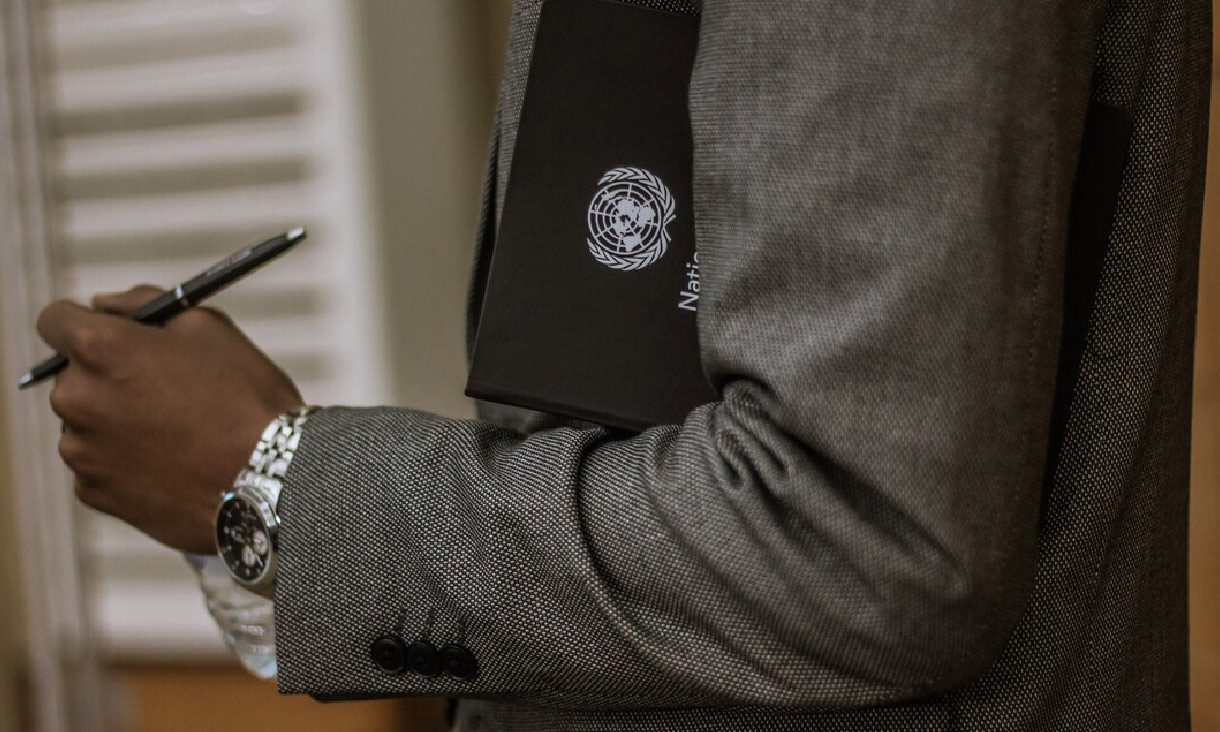New RMIT Report Exposes Exploitation of PALM Scheme Workers in Australia's Meat Industry
A new report from the RMIT Business and Human Rights Centre (BHRIGHT) reveals the severe exploitation faced by migrant workers under the Pacific Australia Labour Mobility (PALM) scheme in the Australian meat industry.
New report: Where’s the beef? An evaluation of meat company modern slavery statements over two years.
The 'Where's the Beef' report assesses the responses of Australia's meat sector to Australia's Modern Slavery Act.
New BHRIGHT research theme to investigate the changing face of employment
RMIT’s Business and Human Rights Centre (BHRIGHT) is proud to launch a new research theme that will investigate how workers’ lives and human rights are being impacted by changing business practices, globalisation, advancing technologies and climate change.
BHRIGHT Blog Competition: Legal Waivers And The Limits Of Non-Judicial Grievance Mechanisms In Business And Human Rights
Presenting the blog by Justin Jos that won second place in our annual Business and Human Rights Blog Competition.






